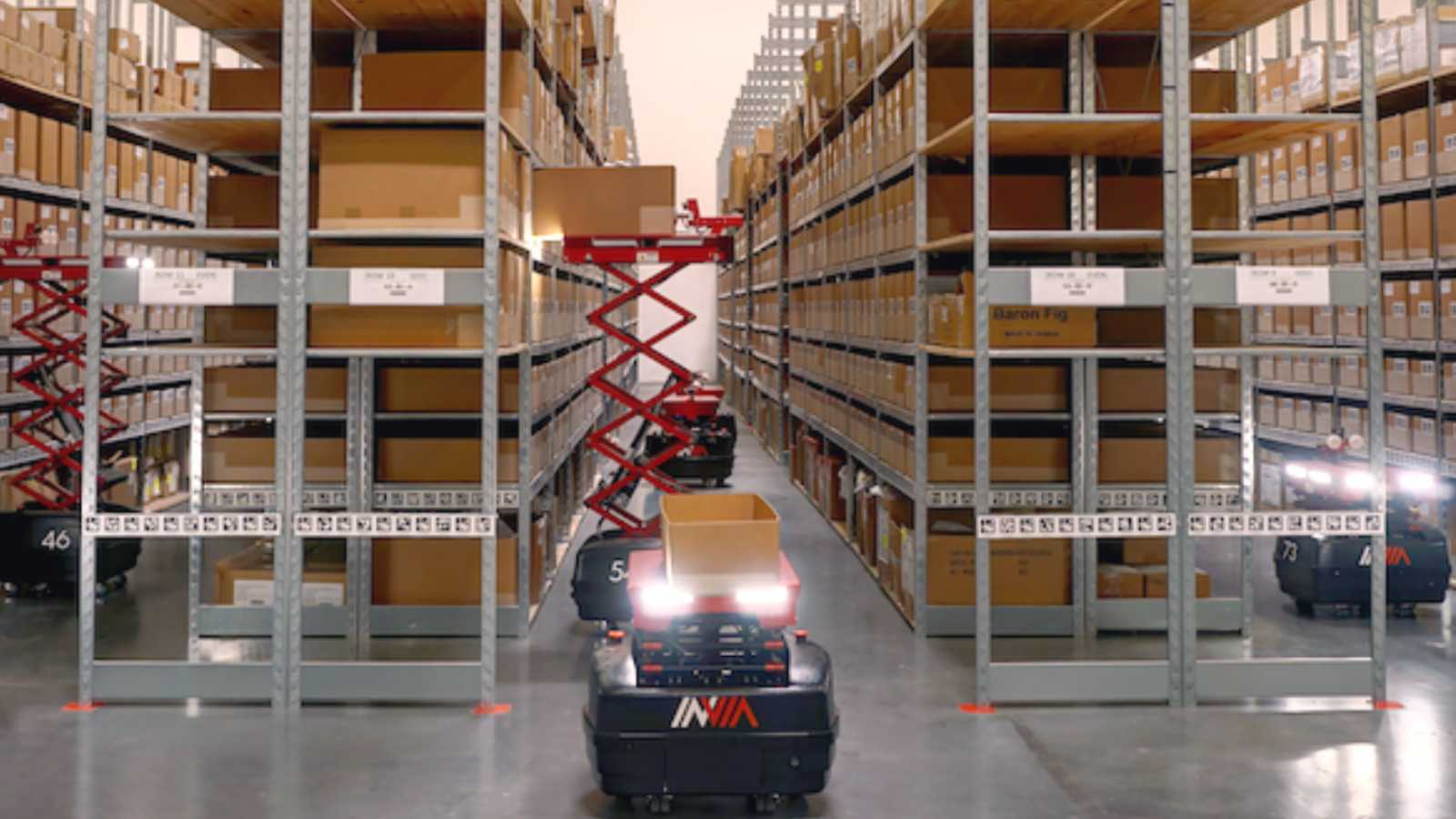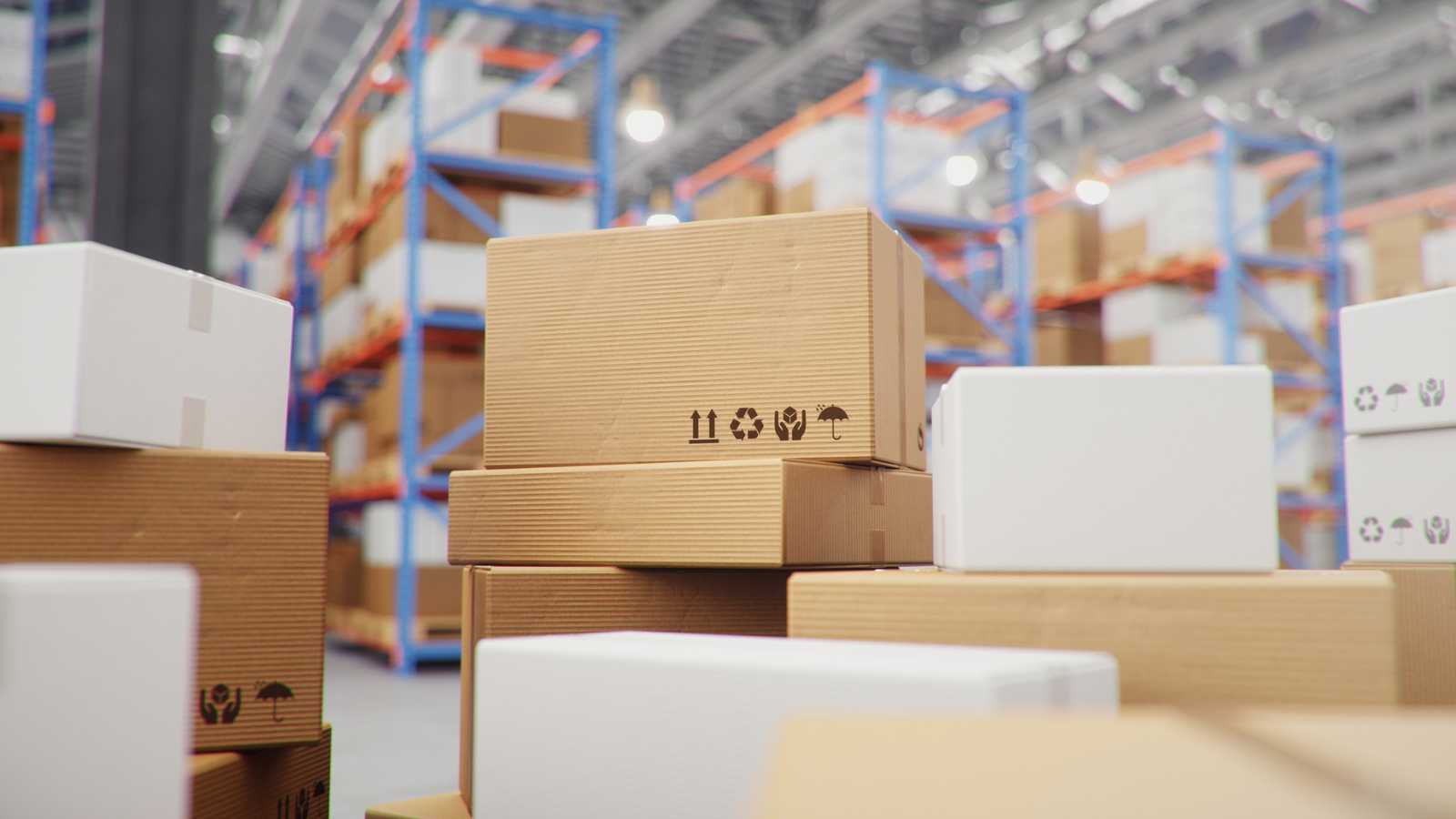What is a 3PL?
What is 3PL? What does 3PL stand for? a2b Fulfillment is here to answer all of your questions! Looking for a new 3PL provider? Contact us today.

What is a 3PL?
Introduction to Third-Party Logistics Services
In today’s fast-paced business environment, companies constantly seek ways to streamline operations, reduce costs, and enhance efficiency. One solution that has gained significant traction is the use of third-party logistics providers (3PL). But what exactly is a 3PL, and why are businesses increasingly turning to these providers for their supply chain management? This article explores the concept of third-party logistics providers, their benefits and services, and how they can transform business operations.
Whether you’re a small e-commerce startup or a large multinational corporation, understanding 3PL services can help you make informed decisions about your logistics strategy. Let’s dive into the world of third-party logistics and uncover its value for modern businesses.
What is a 3PL?
A 3PL is a company that offers outsourced logistics and supply chain management services to businesses. These services include transportation, warehousing, inventory management, order fulfillment, and more. Essentially, they act as an intermediary between a company and its customers, handling logistics that ensure products move efficiently from point A to point B. 3PLs help businesses navigate the complexities of global supply chains by providing regulatory expertise and risk management protocols.
Unlike in-house supply chain logistics, where a company manages its supply chain management operations, 3PL providers specialize in logistics, leveraging their expertise, technology, and infrastructure to optimize the process. This allows businesses to focus on their core competencies, such as product development, marketing, and sales, while leaving the complexities of logistics to the experts.
How Do 3PL Services Work?

3PL service providers operate by integrating their services into a company’s supply chain. The process typically begins with a business outsourcing specific logistics functions to the 3PLprovider. For instance, an e-commerce company might partner with a 3PL to handle warehousing and order fulfillment.
Here’s a simplified overview of how third party logistics operations work:
- Assessment and Planning: The fulfillment services provider evaluates the business’s logistics needs and designs a customized solution.
- Inventory Management: Products are stored in the 3PL’s warehouses, where inventory is tracked and managed using advanced technology.
- Order Processing: When a customer places an order, the 3PL picks, packs, and ships the product directly to the customer.
- Transportation: The 3PL coordinates the transportation of goods, whether by truck, air, sea, or rail, ensuring timely delivery.
- Reporting and Analytics: The 3PL provides real-time data and analytics to help businesses monitor performance and optimize their entire supply chain.
By outsourcing these tasks, businesses can benefit from the 3PL’s established network, technology, and expertise, often at a lower cost than logistics management in-house.
Benefits of Using a 3PL
Partnering with a 3PL provider offers numerous advantages, making it an attractive option for businesses of all sizes. Here are some key benefits:
- Cost Savings: 3PLs can reduce overhead costs associated with warehousing, transportation, and labor, as they leverage economies of scale.
- Scalability: 3PLs allow businesses to scale operations up or down based on demand, without the need for significant capital investment.
- Expertise: 3PL providers have specialized knowledge and experience in logistics, ensuring efficient and reliable service.
- Improved Customer Service: Faster shipping times and accurate order fulfillment enhance the customer experience.
- Technology Integration: 3PLs often use advanced warehouse management software for inventory tracking, order management, and analytics, providing businesses with valuable insights.
- Focus on Core Business: By outsourcing logistics, companies can focus on product development, marketing, and growth strategies.
Core Competencies within 3PL Services
3PL providers offer a wide range of logistics services tailored to meet the needs of different industries. Some of the most common services include:
- Warehousing and Storage: Secure storage of goods in strategically located warehouse spaces to allow for quick shipping services.
- Inventory Management: Real-time tracking and management of stock levels to prevent overstocking or stockouts.
- Order Fulfillment: Picking, packing, and shipping orders to customers.
- Transportation Management: Coordinating the movement of goods via various modes of transportation.
- Freight Forwarding: Managing international shipping and customs clearance.
- Reverse Logistics: Handling returns, refunds, and recycling processes.
- Value-Added Services: Kitting, packaging, labeling, and other customized services.
These fulfillment services can be bundled or customized based on the specific needs of the business, providing flexibility and efficiency.
Who Uses 3PL Providers?
3PL services are utilized by a wide range of businesses, from small startups to large enterprises. Some common users include:
- E-commerce Businesses: Online retailers rely on 3PLs for fast and reliable order fulfillment.
- Manufacturers: Manufacturers use 3PLs to manage raw materials and distribute finished products.
- Retailers: Brick-and-mortar stores partner with 3PLs to streamline inventory and distribution.
- Healthcare, Health and Beauty, and Pharmaceuticals: These industries use 3PLs for temperature-controlled storage and transportation.
- Food and Beverage: Companies in this sector rely on 3PLs for perishable goods logistics.
Any business that wants to optimize its supply chain and shipping costs to focus on growth can benefit from partnering with a 3PL provider.
How to Choose the Right Logistics Company

Selecting the right 3PL provider is critical to achieving your business goals. Here are some factors to consider:
- Industry Expertise: Choose a 3PL with experience in your industry to ensure they understand your unique needs.
- Technology Capabilities: Look for providers with advanced technology for inventory tracking, order management, and analytics. Check the security measures the 3PL has to prevent theft or damage to inventory.
- Scalability: Ensure the 3PL can accommodate your business’s growth and seasonal fluctuations.
- Geographic Reach: Verify that the 3PL has warehouses and transportation networks in the regions you serve.
- Customer Service: A reliable 3PL should offer responsive support and clear communication.
- Cost Structure: Compare pricing models to find a provider that aligns with your budget.
By carefully evaluating these factors, you can find a 3PL partner that aligns with your business objectives and enhances your supply chain efficiency.
Conclusion
Third-party logistics providers play a vital role in helping businesses streamline their supply chain management, reduce costs, and improve customer satisfaction. By outsourcing logistics functions, companies can focus on their core operations while benefiting from the provider’s expertise, technology, and infrastructure. Whether you’re a small business looking to scale or a large enterprise aiming to optimize global operations, a 3PL can provide the solutions you need to succeed in today’s competitive market.
Understanding what a 3PL is and how it works is the first step toward leveraging its benefits. By partnering with the right 3PL provider, you can transform your logistics strategy and position your business for long-term success.
3PL FAQs
What does a 3PL do?
Third-party logistics providers (3PLs) play a critical role in managing and storing inventory, as well as fulfilling orders. By centralizing inventory and streamlining distribution, they help businesses reduce costs and improve efficiency. 3PLs also handle transportation logistics, overseeing the movement of goods throughout the supply chain, from coordinating shipments and managing vendor deliveries to optimizing routes and providing real-time tracking. Many 3PLs also support international logistics, offering expertise in imports, exports, and customs compliance.
Where Should I Use 3PLs in My Supply Chain?
You can rely on a 3PL for nearly every aspect of supply chain management. In a survey of over 500 shippers evaluating21 areas of supply chain operations, not one area saw a majority preference for fully in-house management, the highest was just 36%. The data showed strong 3PL adoption across all functions, with particularly high performance in areas like carrier procurement.
Does your organization need a 3PL provider?
Organizations often turn to a 3PL when rising storage and shipping costs, poor inventory management, or increased customer complaints begin to strain internal resources. A 3PL can also be the key to successful expansion, helping businesses scale into new markets or transition to larger facilities with ease. Even without an urgent need, partnering with a 3PL like a2b Fulfillment can boost efficiency and customer satisfaction across the board.
Looking to streamline your logistics?

Contact a2b Fulfillment to learn how we can support your growth as your trusted 3PL partner.
We don’t see boxes.
We see people.
Fulfilling Brand promises, for 25 years and counting.

